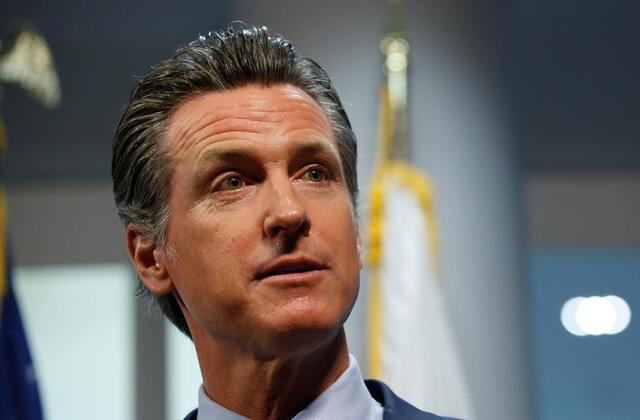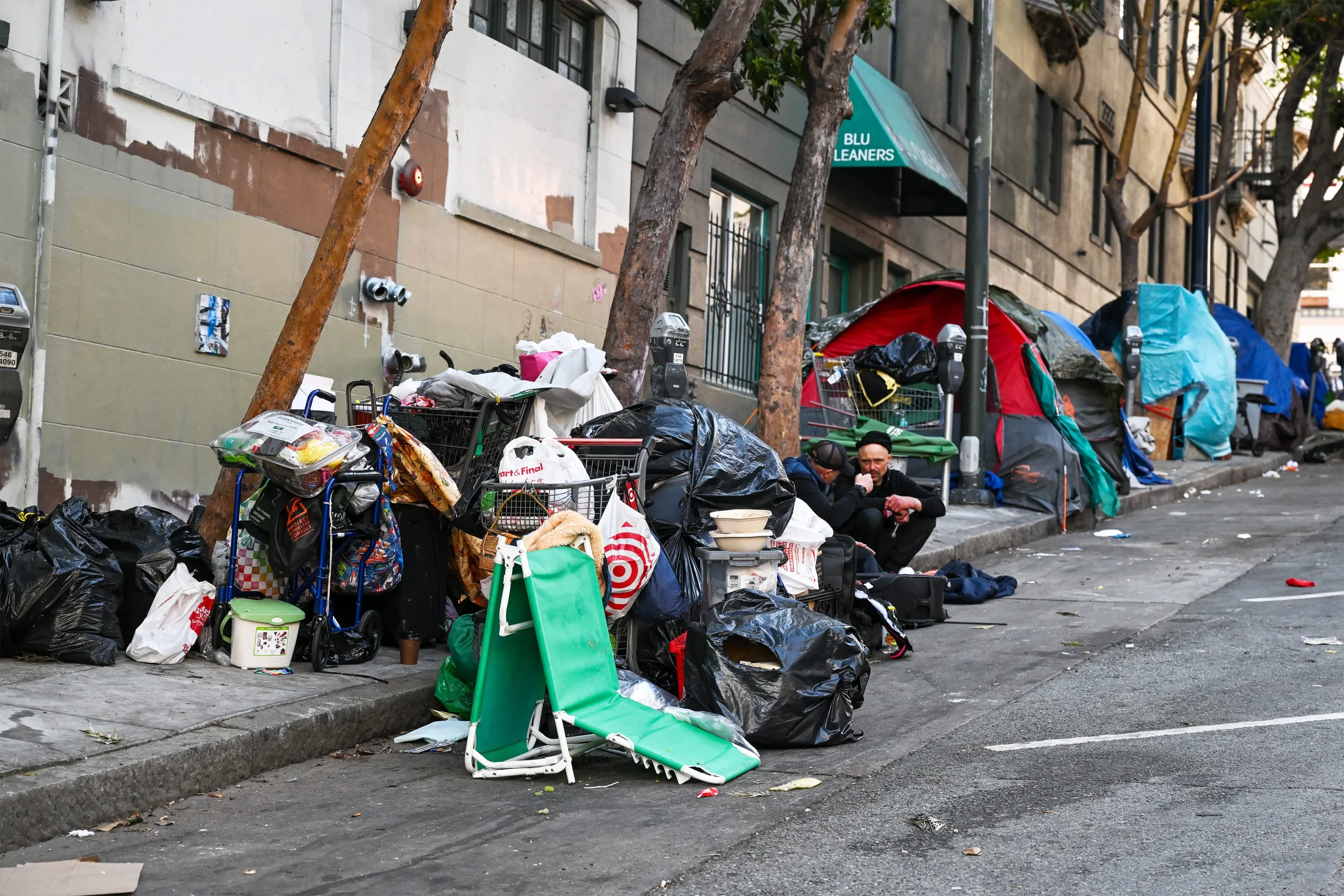California faces a persistent homelessness crisis, with over 181,000 homeless individuals and an anticipated increase to 200,000 in upcoming data. Despite spending around $20 billion in the last five years, the problem continues to worsen.
Several factors contribute to the ongoing crisis, including high housing costs, family breakdowns, mental illness, and drug addiction. The lack of consensus on effective programs has led to scattered funding for various overlapping initiatives.
Governor Gavin Newsom is advocating for a March 5 ballot measure authorizing bonds to build mental health facilities and redirecting funds from an existing mental health tax. Legislative approval for “CARE courts” to compel mental health treatment has also been secured.

Amid the multitude of programs, there’s a call for an independent overview of spending effectiveness. The state auditor is set to investigate at the request of Republicans to assess the impact and success of the funds allocated.
The costly provision of basic services to homeless individuals is a concern. In Sacramento, $57 million was spent on homelessness in the 2022-23 fiscal year, maintaining approximately 1,300 beds at a cost of about $26,000 per bed annually – equivalent to mid-range apartment rents.
Related Articles:
- Breaking News: Florida Student Arrested for Bringing Loaded Gun to School Sparks Widespread Safety Concerns
- Sylvester Stallone Joins the Florida Trend, Leaving California Behind
- Two Adorable Hound Puppies Making their Way to Massachusetts!
Sacramento’s case is not unique, as other cities also spend significant sums on basic shelters. These high costs indicate that California would need to allocate even more funds to address the homelessness crisis adequately.
Governor Newsom is proposing reduced homelessness spending due to the state facing a substantial budget deficit, further complicating efforts to tackle the issue effectively.

